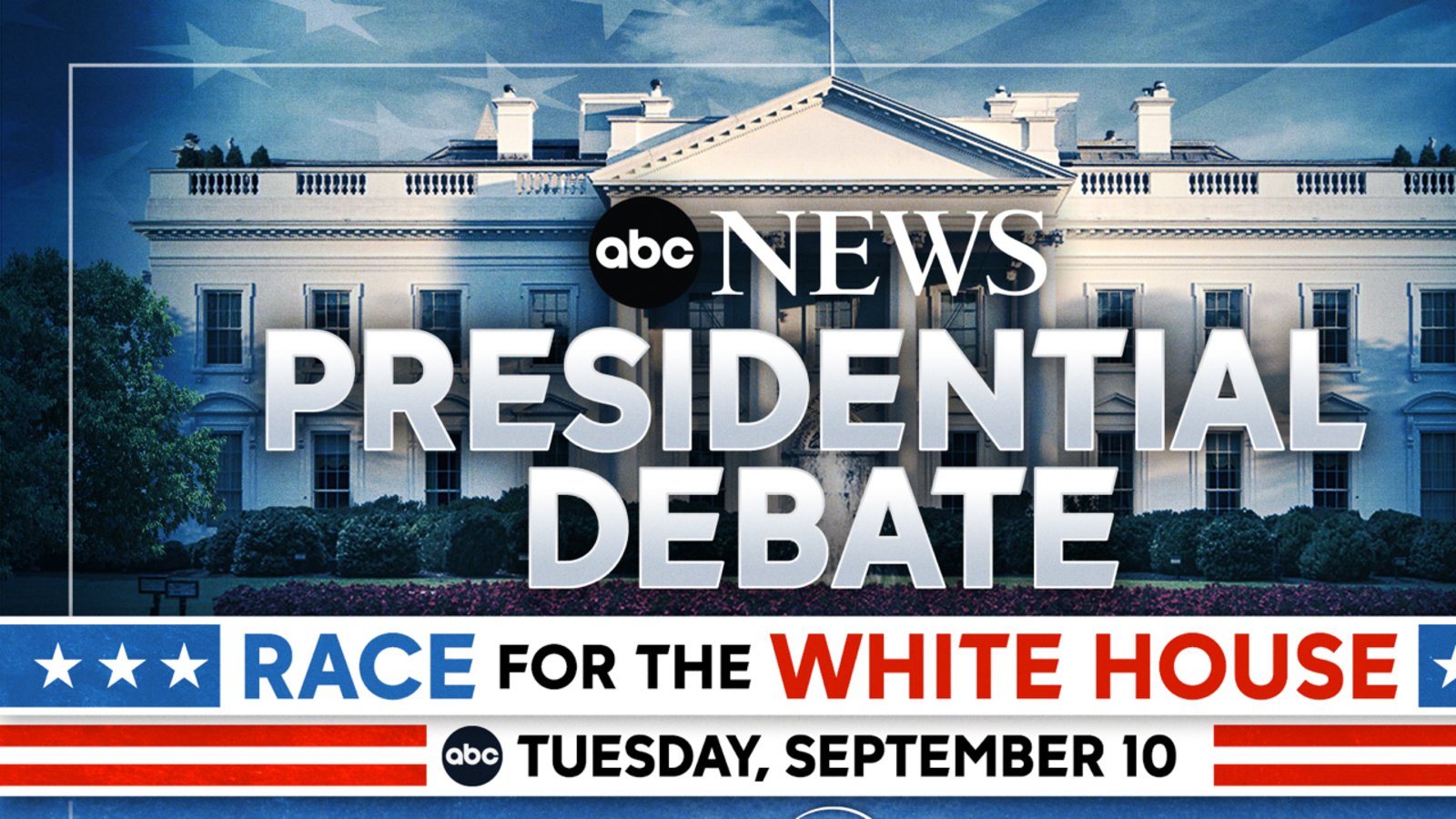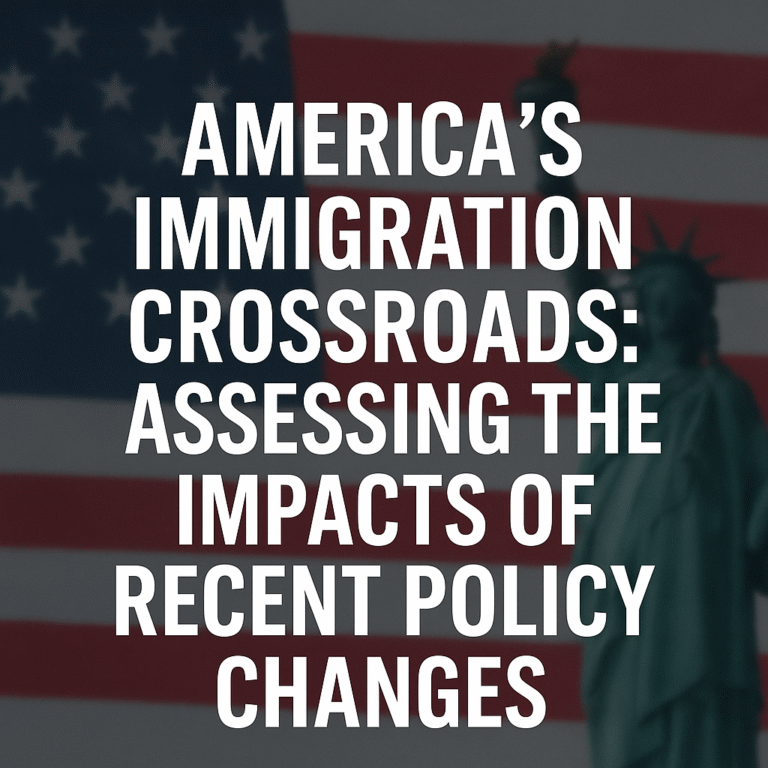
Philadelphia, USA 7 24 2010: A group of tourists walking in front of the National Constitution Center in Philadelphia, Pennsylvania, a museum dedicated to the history of the United States Constitution; Shutterstock ID 2348265865; purchase_order: wpvi; job: ; client: ; other:
The September 10 presidential debate, hosted by ABC News, saw Kamala Harris and Donald Trump spar over their visions for the future of the United States, with the candidates clashing over domestic policies and foreign relations, particularly the war in Ukraine. This marked a critical moment in the 2024 race, with both presenting dramatically different approaches on key issues.
Candidate Backgrounds
Kamala Harris, the current Vice President under Joe Biden, has a long history in public service, having served as California’s Attorney General and a U.S. Senator. Her campaign centers around continuing the Biden administration’s economic and healthcare reforms, with a heavy focus on social justice, climate change, and protecting democracy at home and abroad.
Donald Trump, the 45th President, is running for his second non-consecutive term. Trump’s platform is built on promises to “Make America Great Again,” with a focus on reversing Biden’s policies, lowering taxes, reducing regulations, and an “America First” foreign policy agenda.
Domestic Policy Stances
Harris defended the Biden administration’s record on lowering inflation, expanding healthcare access, and investing in infrastructure projects. She also committed to addressing racial and economic inequities while pushing for police reform that balances public safety without undermining law enforcement.
Trump criticized the Biden-Harris administration for what he described as an economic collapse under their watch, pointing to inflation and border security. He reiterated promises to cut taxes, revive oil and gas production, and end what he called “radical” climate regulations.
Foreign Policy Stances: Ukraine
Harris strongly supported continued military and financial aid to Ukraine, framing it as a necessary stand against authoritarianism and a defense of global democracy. She emphasized U.S. alliances with NATO and the importance of countering Russian aggression.
Trump took a different approach, criticizing U.S. involvement in Ukraine and promising to end the war through negotiations with Vladimir Putin. He questioned the continued flow of American aid and suggested that European countries should bear more of the burden.
Fact Check: Trump’s Allegation on Haitian Immigrants in Springfield, Ohio
During the debate, Trump repeated the false claim that Haitian immigrants in Springfield, Ohio, were found eating dogs and cats. This has been widely debunked by local authorities and fact-checkers, with no evidence supporting the claim. Such rhetoric was condemned for spreading harmful stereotypes about immigrants.
Who Won the Debate?
Polls conducted post-debate showed Harris slightly ahead, with her performance being praised for its focus on policy substance, especially on Ukraine and economic recovery. Trump’s aggressive style resonated with his core supporters but did little to expand his base.
Recent Polls
Polls following the debate indicated Harris maintaining a slight national lead, particularly among undecided voters. Her clear stance on international alliances and economic reforms was seen as a winning factor in the debate, though Trump’s message of nationalism and populism continues to energize his base.
This debate highlighted the sharp divide between Harris’ commitment to multilateralism and domestic reforms, and Trump’s focus on isolationism and deregulation. The clash sets the stage for an intense final stretch of the 2024 campaign.





